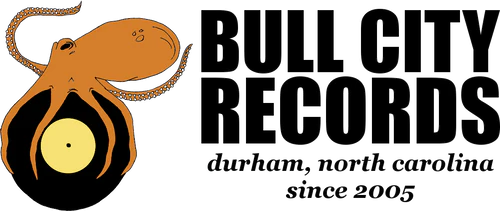Jerry Hunt - Ground: Five Mechanic Convention Streams 2LP
Jerry Hunt - Ground: Five Mechanic Convention Streams 2LP
Blank Forms Editions
Pickup available at 124 E Main St
Usually ready in 24 hours
The final album released by the composer-performer Jerry Hunt before his death, Ground: Five Mechanic Convention Streams is a rare and foundational audio document of Hunt’s compositional process. The record collects five pieces from the artist’s “Ground” series, translating his characteristically variable and spatial scores into “recorded fixtures of activity using mechanic musical instrument arrays,” to eerie and mesmerizing results. Originally released by experimental label OODiscs in 1992, it is now available on vinyl for the first time from Blank Forms Editions. Its tracks are dense and unpredictable, a miscellany of arrhythmic bursts, fragments of spoken and whispered words, soft then fevered rattles and shaking, and a rare return to pianoforte for the virtuoso player. On “Talk (slice): double” a nervous, warped dialogue unfolds between Hunt and composer Rod Stasick, their voices alternately measured and monstrous. In “Transform (stream): monopole,” breathy whistles build against a shimmering stream of bells, rattles, and shakers in a fantastical cascade of percussion. Hunt revisits the piano in “Lattice (stream): ordinal” and “Bitom (stream): link,” oscillating between gentle, almost classical phrases and frantic, seemingly random play. His collaboration with violinist Jane Henry, “Chimanazzi (Olun): core,” extends similarly unorthodox playing techniques to the violin, involving the scraping, plucking, and playing of its strings. The unstable quality of these tracks belies the rigor of Hunt’s procedures; each of Ground’s five pieces, their “common ground core,” is derived from the angelic tables of sixteenth century English philosopher and occultist John Dee, adapted by Hunt as frameworks to layer, adapt, and renew in his compositions. With a complex arrangement of sensors and equipment, which the artist called “interrelated electronic, mechanic, and social sound-sight interactive transactional systems,” Hunt realized these derivative systems in the techno-shamanic performances for which he is best known. Ground distills these procedures into fixed songs, producing a vital and critical record of Hunt’s singular approach to composition.


